Discerning our calling is a life-long journey. How we approach and wrestle with the questions of calling (who am I? Who am I called to be?) will be influenced by our stage of life. Recently, I have had a heightened awareness to this in response to conversations with friends, client work, and paying attention to my own mid-life transition.
Gordon T. Smith has done a beautiful job of speaking to the stages of calling or what he calls, “Phases Of Vocational Development.” On several occasions over the last few months I have found myself back in his material—or just recalling it as I sit with a client. And so, I have taken some time to compile and summarize his work (with a few of my own thoughts thrown in) and will share it in 3 separate posts. Where are you at in these phases?
1. Phase One: From Adolescence Into Early Adulthood
At some point in our twenties we must come into a place of taking responsibility for our own lives. This means leaving adolescence behind, and here is the most important part – we must experience a healthy separation from our parents. We no longer depend on our parents for our livelihood and well-being. Smith says, “vocational integrity and vitality are only possible if there is a break from parents, from home, from adolescence.”
When we don’t choose to take responsibility for our own lives (and instead continue to depend on our parents) our ability to truly know and understand our own selves is strained. And maybe even more fascinating/illuminating is the link between our inability to separate from parents and how we view an employer:
“If we never leave our parents…what tends to happen is that we inadvertently treat the organizations we work for as though they have a parental function. We expect the one who supplies our paycheck to be our ‘parent,’ caring for us. And we move into a level of emotional dependency that undermines our capacity to make necessary choices…We will continually be disappointed and feel betrayed by organizations if we do not move out of a parent-child relationship of dependence.”
Once we have made this healthy break in our parent-child relationship, we are free to differentiate and explore. Our twenties are a time to learn and grow- to try new things and not fear failure. Much of understanding who we are, comes from understanding who we aren’t- and failure is one of our greatest teachers. Part of taking responsibility for our lives is paying attention to what we learn along the way so that as we move into mid-life, we are prepared to fully embrace our calling and know where to focus.
